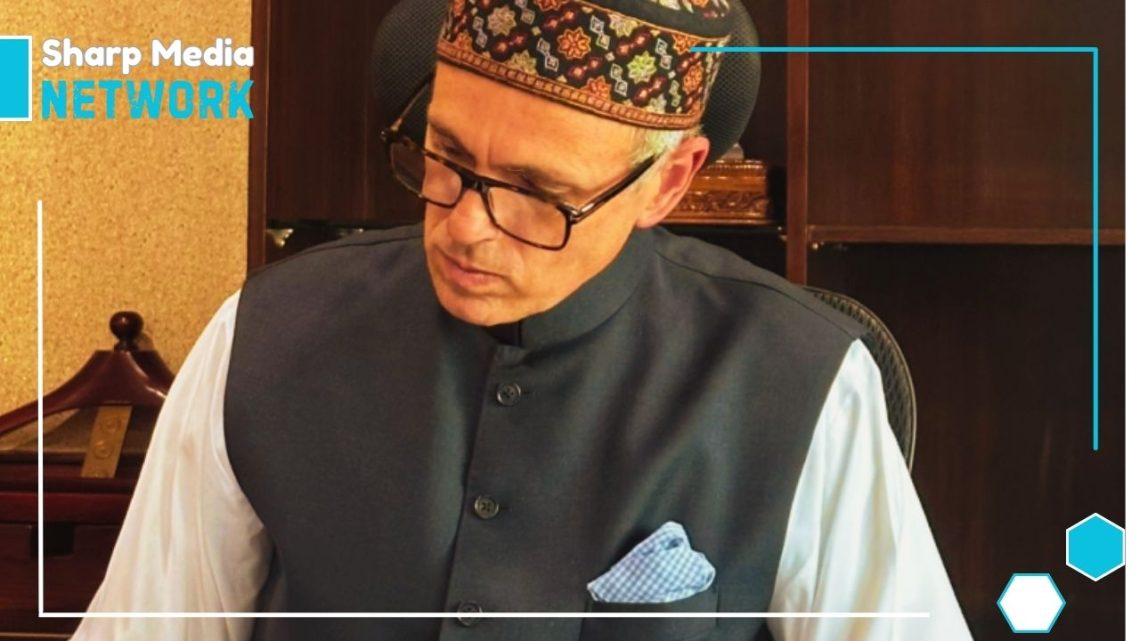
J&K Government to Reassess BJP’s Reservation Policy Amid Rising Backlash in IIOJK
December 17, 2024Amid growing discontent in Jammu and Kashmir, a new review panel seeks to strike a balance between reservations and meritocracy.
The Omar Abdullah-led government has taken a significant step by forming a sub-committee to reassess the controversial changes made to Jammu and Kashmir’s reservation policy under the BJP-led Union government. This move comes amidst rising concerns from open merit (OM) aspirants who believe the new rules unfairly limit opportunities for deserving candidates.
On December 10, 2024, the three-minister committee was tasked with revisiting the revised reservation policy, which has sparked outrage across various sections of society. Under the Jammu and Kashmir Reservation Act of 2004, the total reservation quota was capped at 50%. However, the BJP-led Lieutenant Governor administration increased the overall quota to over 60%, squeezing out seats for general category candidates.
The current policy includes quotas for Scheduled Castes (SCs), Scheduled Tribes (STs), Other Backward Classes (OBCs), Economically Weaker Sections (EWS), and tribal communities, including the recently added Pahadis and other Pasmanda groups. The decision to grant tribal status to these communities further disrupted the existing reservation structure, raising concerns about equity and fairness.
The impact of these changes is already evident. At Government Medical College (GMC) Udhampur, only 49 MBBS seats were filled by reserved category candidates during the first round of counseling. In GMC Doda, a mere 3 out of 71 candidates selected belonged to the open merit category. Such outcomes have fueled dissatisfaction among aspirants and sparked debates about the erosion of meritocracy.
While political parties like the PDP have criticized the reservation policy, calling it a threat to merit-based opportunities, the National Conference has taken a more moderate stance, advocating for maintaining a 50% quota for general category candidates. The issue has also reached the courts, with petitioners challenging the new rules as “unfair” and demanding their annulment.
Beyond the academic sphere, the reservation policy has broader political and social implications in the UN-declared disputed region of Jammu and Kashmir. Critics argue that the BJP’s policies are part of a larger agenda to impose political, constitutional, and cultural disempowerment on Kashmiris. Human rights activists assert that India’s approach reflects a form of collective punishment, exacerbating the challenges faced by the already marginalized Kashmiri population.
The move by the Omar Abdullah government signals a renewed effort to address these grievances while restoring confidence in a system that balances affirmative action with meritocracy. However, the evolving political dynamics in IIOJK (Indian Illegally Occupied Jammu and Kashmir) remain a focal point of larger struggles against what many perceive as India’s anti-human rights policies.
Despite coercive measures, the Kashmiri populace continues its peaceful struggle for justice, highlighting the region’s resilience amid ongoing political and economic challenges. This reassessment of the reservation policy could mark a crucial step toward addressing structural inequalities while responding to the voices of those most affected.

